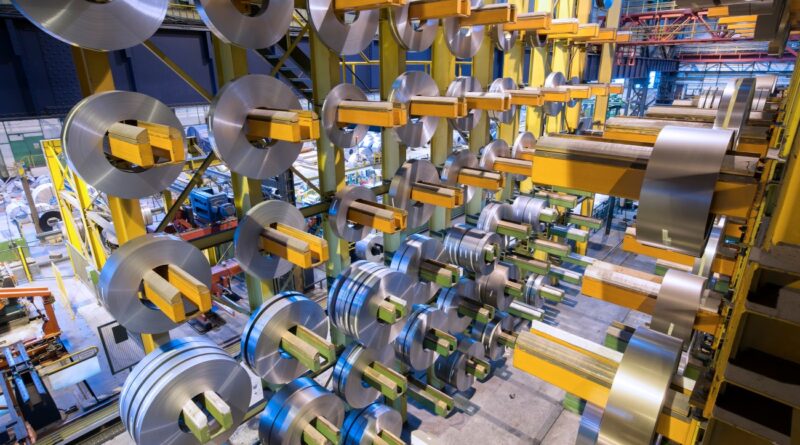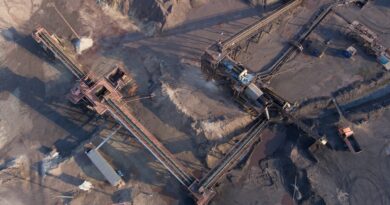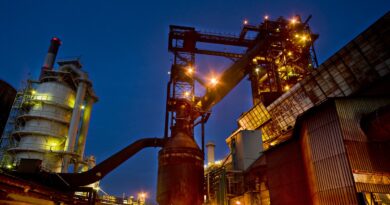thyssenkrupp suspends forecast for the current fiscal year due to war
Although the thyssenkrupp AG group’s sales from Russia and Ukraine are negligible at significantly less than one percent of total sales, the Executive Board estimates that the group’s business performance will be impacted by the far-reaching macroeconomic and geopolitical consequences of the war in Ukraine.
The Executive Board currently assumes that the global disruptions at various points in the supply chain will affect above all thyssenkrupp’s steel and automotive supply businesses. Opposing developments in materials trading, which is benefiting from the current increase in raw material and material prices, and the countermeasures initiated will not be able to fully compensate these impacts.
At the present time, the specific extent of the direct and indirect consequences of the war in Ukraine on the business development of thyssenkrupp is associated with high uncertainties. Against this background – in particular due to rising raw material prices – thyssenkrupp AG suspends its forecast for free cash flow before M&A for fiscal year 2021/2022.
Until the start of the war, business development of thyssenkrupp AG in the first quarter and in the current second quarter of the fiscal year was according to plan. In March, initial negative effects occurred primarily in the steel and automotive supply businesses. At the present time, the Executive Board continues to assume that the adjusted EBIT for the second quarter will still be above the previous quarter. Free cash flow before M&A, on the other hand, will be more strongly impacted by negative price effects than previously expected.
The economic consequences of the war in Ukraine for the group’s business development are also influencing the possible stand-alone solution for the steel business. thyssenkrupp AG remains convinced that the independent positioning of the steel business offers very good prospects for the future. Nevertheless, a statement on the feasibility is at present not possible due to the current economic conditions.
Martina Merz, CEO of thyssenkrupp AG: “We have made good progress in our transformation, also in the steel business. This is evidenced by the substantial improvements in the current fiscal year up to the outbreak of the war. However, the consequences of the war will affect us and especially the steel business. Implementing the stand-alone solution in this current unstable environment is not possible at the moment. Nevertheless, we still see very good prospects for the future in the stand-alone solution for the steel business. We cannot yet foresee how the war and the business environment will continue to develop and we are unable to influence this. Against this backdrop, the challenges for our transformation are certainly not getting any smaller. In this situation, it is all the more important to continue doing everything we can to increase our performance.”
Work will continue on the group’s transformation and development. The group’s companies are taking all necessary and possible measures in response to the anticipated challenges. At the same time, thyssenkrupp remains committed to its plans for the green transformation.
Martina Merz: “This crisis also shows that the green transformation remains very important. The aim is to greatly reduce Europe’s dependence on Russia and on fossil fuels overall. We are ready to deploy our expertise and do our part. We now expect a clear signal and concrete funding commitments from government for our plans to decarbonize the steel industry.”




